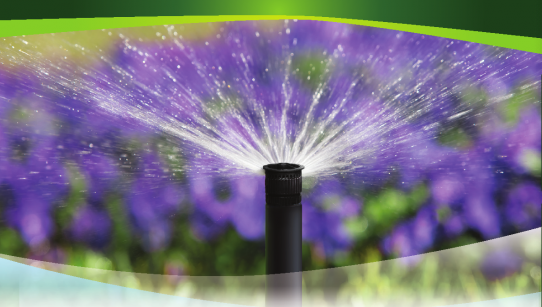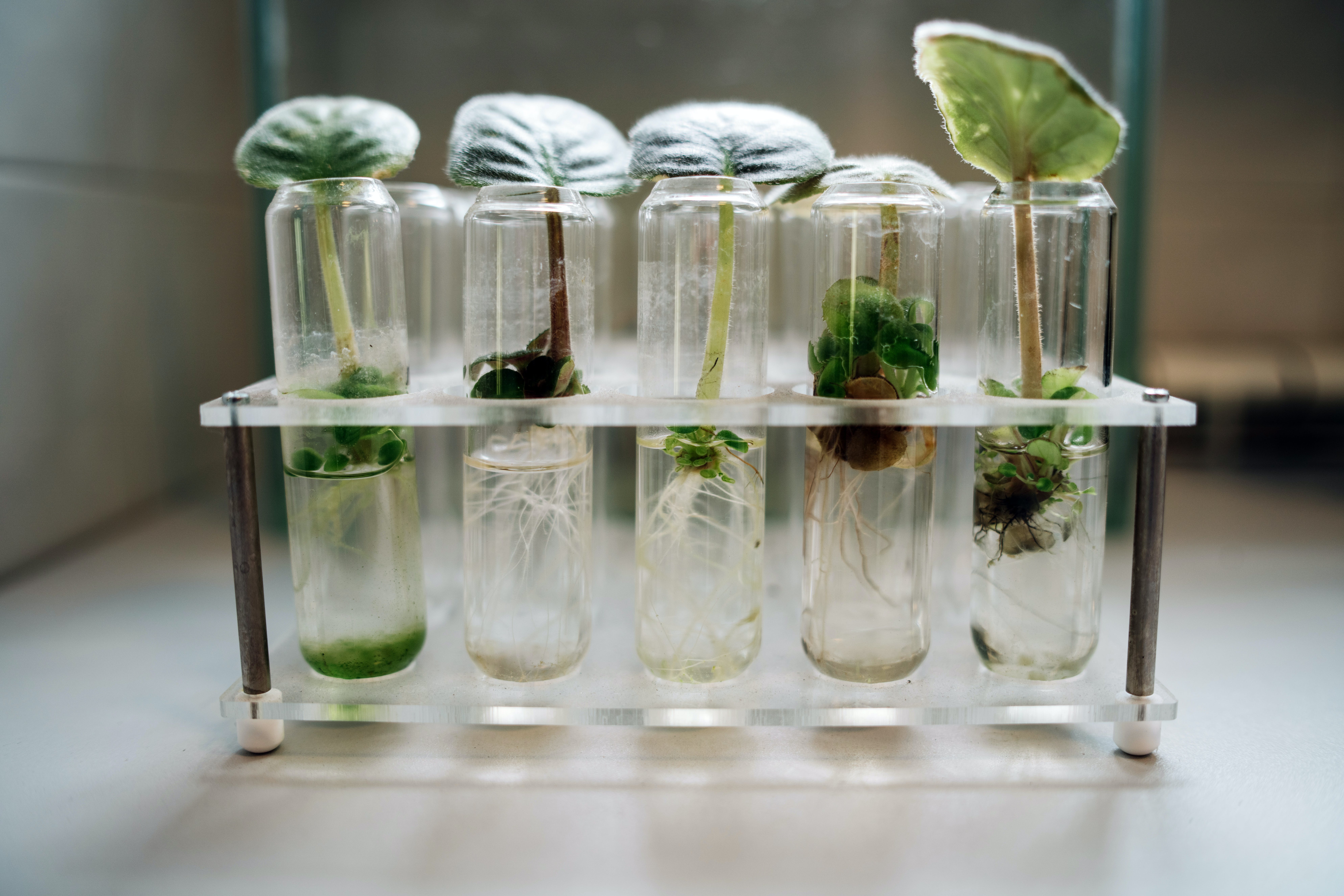The Remarkable Role of Biotechnology In Water-Efficient Crops
Read more on how biotechnology revolutionizes agriculture, offering innovative solutions to water scarcity by optimizing plant traits for en
In this era of advancing technology, biotechnology has
become a game-changer, offering innovative solutions to enhance crop yield,
quality, and resilience. Biotechnology in agriculture refers to the application
of biological principles and techniques to enhance crop yield, quality, and
resilience. It involves the use of genetic engineering, molecular biology, and
other advanced technologies to optimize plant traits for better performance in
diverse environmental conditions.
Water scarcity is a looming threat to agricultural
productivity, necessitating the development of crops that can thrive with
minimal water inputs. Biotechnology has emerged as a key player in addressing
this challenge by enabling the creation of water-efficient crops. Through
genetic modification, researchers can enhance a plant's ability to absorb,
transport, and utilize water efficiently. Traits such as improved root systems,
reduced transpiration rates, and increased drought tolerance contribute to the
development of crops that can flourish in water-limited environments. In this
blog we uncover the essential traits that pave the way for a more sustainable
and resilient agricultural future.
Role of Biotechnology in Developing Water-Efficient Crops
Biotechnology's role in developing water-efficient crops is
paramount in addressing the challenges posed by water scarcity and the need for
sustainable agriculture. Through genetic engineering, scientists can design
crops with traits that enhance water-use efficiency at various stages of their
growth cycle. This may include optimizing the rate of water absorption,
reducing transpiration rates, or improving the overall water retention capacity
of plants.
In irrigation, these water-efficient crops offer a dual
benefit. Firstly, they enable farmers to achieve higher yields with reduced
water inputs, thereby increasing the overall efficiency of irrigation
practices. Secondly, the cultivation of such crops contributes to the
conservation of water resources, aligning with the imperative of sustainable
agriculture. The development of genetically modified, water-efficient crops
exemplifies how biotechnology can be a transformative force in addressing the
intricate relationship between agriculture and water management.
Water-Efficient Traits in Crops
In the face of changing climate patterns and unpredictable
rainfall, the ability of crops to withstand periods of water stress becomes
paramount for ensuring stable and secure food production. Biotechnology employs
genetic modification processes to identify and manipulate genes associated with
crucial mechanisms that confer drought tolerance to crops.
Osmotic regulation, a fundamental biological process,
involves the control of water balance within plant cells. Biotechnological
interventions allow scientists to identify and modify genes associated with
osmotic regulation, enabling crops to better manage water levels within their
cells. This is particularly significant during periods of low water
availability.
When plants face stress conditions such as drought, reactive
oxygen species (ROS) are generated, leading to potential damage to cellular
structures. Biotechnology allows researchers to identify and modify genes
responsible for antioxidant defense mechanisms, equipping crops with enhanced
abilities to neutralize ROS. This not only protects plant cells from oxidative
damage but also contributes to the overall stress tolerance of the crop,
ensuring its sustained productivity even in water-scarce conditions.
Efficient water uptake, facilitated by enhanced root
systems, is a crucial component of biotechnological interventions aimed at
improving irrigation efficiency. Genetically modified crops can be designed to
have more extensive and efficient root structures, enabling them to extract
water more effectively from the soil. By optimizing the genetic traits
associated with water uptake, biotechnology contributes to the development of
crops that can thrive with reduced irrigation inputs, addressing the pressing
need for sustainable water management in agriculture.
Stomata are microscopic pores present on the surface of
plant leaves, primarily responsible for the exchange of gases such as carbon
dioxide and oxygen, as well as the regulation of water vapor through a process
known as transpiration. Transpiration, while essential for nutrient uptake and
photosynthesis, can also lead to significant water loss, especially in
water-limited environments. Biotechnological interventions allow scientists to
identify and modify genes associated with stomatal regulation, offering a
precise means to control the opening and closing of these pores. By
manipulating these genetic factors, researchers can fine-tune the plant's
response to environmental conditions, including water availability. This
genetic modification enables the development of crops with optimized stomatal
behavior, striking a balance between the need for gas exchange and the
conservation of water resources. During periods of water scarcity, genetically
modified crops can exhibit reduced stomatal openings, minimizing transpiration
and conserving water. Conversely, when water is abundant, the crops can adjust
their stomatal regulation to facilitate optimal photosynthesis and growth.
Emerging trends in biotechnology for water-efficient crops
Biotechnological advancements continuously unveil new
possibilities for enhancing the water-use efficiency of crops. One prominent
trend in biotechnology is the refinement of genetic modification techniques to
target specific genes associated with water-related traits. Advanced tools like
CRISPR-Cas9 have revolutionized the precision with which scientists can edit
plant genomes, enabling the development of crops with finely tuned water-use
characteristics. This precision allows for the enhancement of traits such as
drought tolerance, improved water absorption, and regulated stomatal behavior,
all critical factors in optimizing water efficiency in irrigated systems.
The integration of omics technologies represents another
significant trend in the biotechnological landscape for water-efficient crops.
Genomics, for instance, allows for a comprehensive understanding of the genetic
makeup of crops related to water-use efficiency. Transcriptomics, on the other
hand, provides insights into how genes are expressed in response to varying
water conditions. By leveraging these omics technologies, scientists can gain a
more nuanced understanding of the molecular mechanisms underlying water-related
traits, paving the way for targeted interventions through biotechnology.
The emerging trends in biotechnology for water-efficient
crops underscore a paradigm shift in agriculture towards more sophisticated and
sustainable practices. These trends represent a synthesis of cutting-edge
genetic technologies, breeding methods, and comprehensive molecular insights,
all geared towards developing crops that thrive in water-limited environments.
As agriculture grapples with the imperative of producing more food with fewer
resources, these trends in biotechnology offer a pathway to a more
water-efficient, resilient, and sustainable future for global food production.











No comments yet